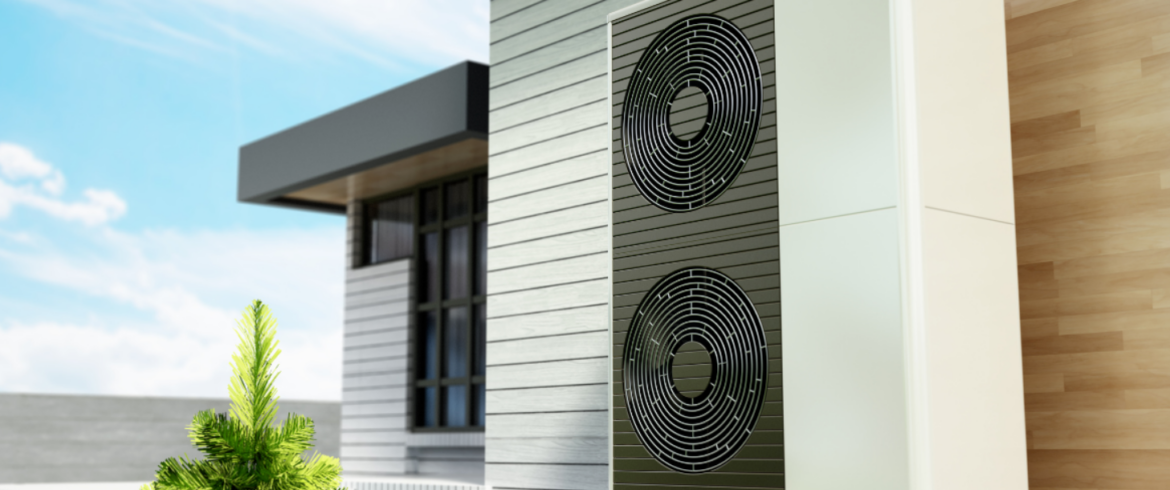The heat pump is the ideal solution to save money and reduce CO2 emissions. Find out why!
Are you looking for an ideal solution to reduce heating costs while minimizing the impact on the planet? The heat pump is among the best options for not being dependent on methane gas, to pollute less fighting the energy crisis. In fact, this machine is able to transfer the thermal energy present in the air, in the water, or even in the ground to heat but also to cool the rooms. Let’s see together how it is beneficial for our wallets.
How does the heat pump work?
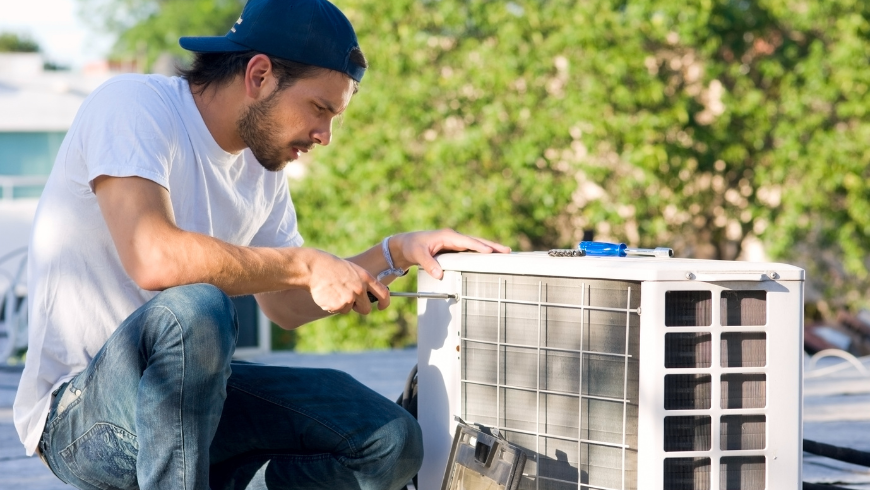
The heat pump works like a refrigerator. But in the opposite way: the refrigerator generates cold thanks to external heat while the heat pump obtains energy from the environment and gives it to the house in the form of heating or cooling thanks to the heat exchanger.
The heat pump and the environment
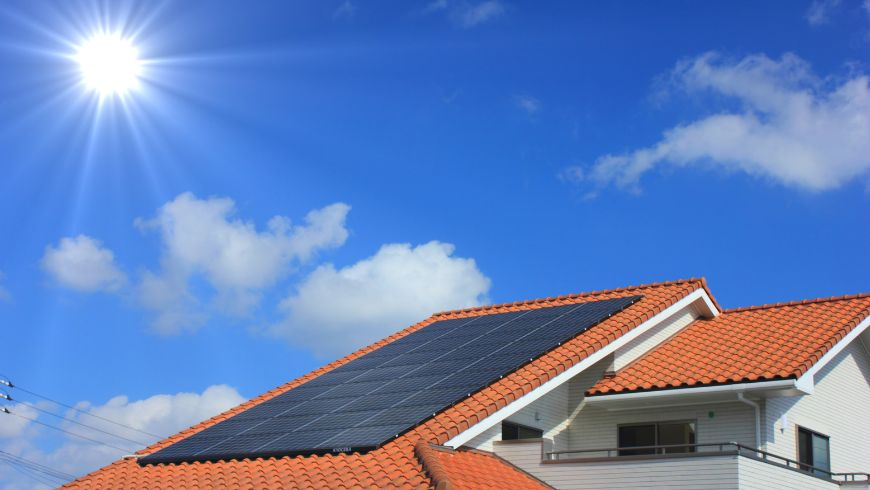
The heat pump is a perfect solution to reduce the waste of energy and to safeguard the environment. Since it does not produce harmful gas emissions, pollution is reduced. On the other hand, in other cases, pollution is much higher, especially when talking about obsolete heating systems.
Therefore, the European RePowerEu program has established, among the various points, the abandonment of gas boilers in new buildings starting from 2029, as well as the obligation to double the diffusion of heat pumps and install photovoltaic panels on all new buildings.
And, in fact, the energy efficiency of a heat pump is considerably higher if it is combined with a clean energy production plant, and bill savings can reach up to 100%. Not to forget that in this way the environment will also thank you since renewable sources are employed.
Through the combination of a heat pump with photovoltaic panels, you do not burn fossil fuels and therefore there are no carbon dioxide emissions. This certainly increases environmental and energy sustainability.
The advantages of the heat pump
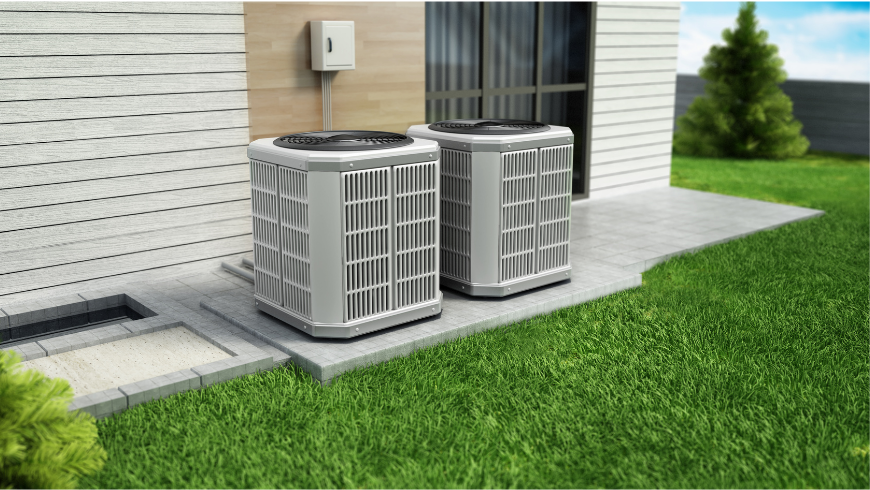
Using electric heat pumps, already installed for summer conditioning, and also for winter conditioning means that there is a reduction in electricity consumption which almost reaches a saving of 4 billion cubic meters of gas in 12 months.
By using less methane, you have greater safety as any risks that may be linked to gas leaks are eliminated. In this case, it would also be ideal to adopt the electric induction system for cooking.
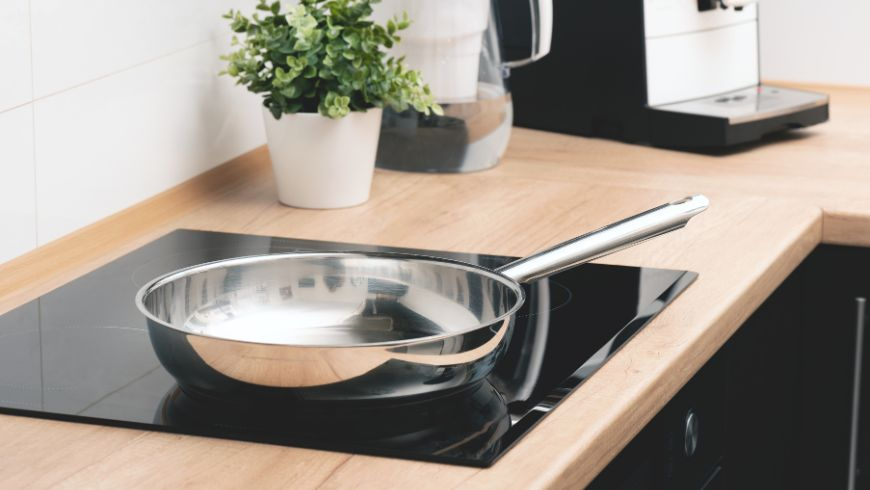
What is the induction system? Induction requires the use of an electromagnetic system to heat the pans and food.
How many types of heat pumps?
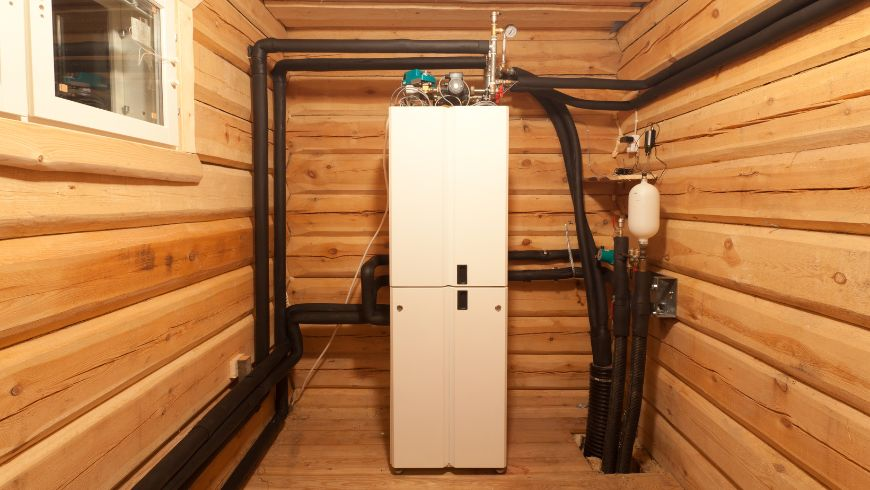
There are many types of heat pumps:
- The air-water, which passes the thermal energy that is in the fresh air to the heating system;
- The air-to-air systems, transfer the thermal energy of the air outside, and inside both to heat and to cool. A classic example is air conditioning with a split system;
- The water-water type uses the thermal energy present in the groundwater;
- The geothermal ones, that use the thermal energy coming from the ground.
Are heat pumps really worth it?
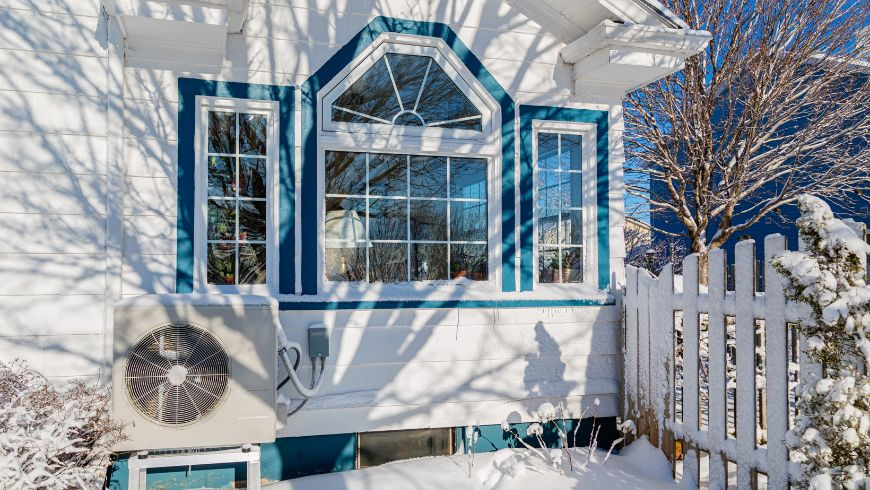
As far as energy is concerned, heat pumps are doubtlessly ideal. Starting from 1 kWh of electricity, they produce up to 5 kWh of thermal energy.
Therefore, the energy we have produced in this way will always, and in any case, be greater than that used.
Let’s not forget that the cost of a heat pump for a single building varies from 2,200 euros to 5,000 euros (it is clear that this is an indicative cost and the correct price is given only and exclusively by the professional you will get in contact with) especially since the expense will be amortized quickly by the savings that will be made on the bill.
Compared to another type of boiler (wood or gas), the maintenance of the heat pump is not anything particularly difficult, as it must be done only to ensure that the pump itself maintains its efficiency. Furthermore, smoke tests or an annual check is not foreseen (as it happens for the boiler gas).
Cover image via CanvaPro
